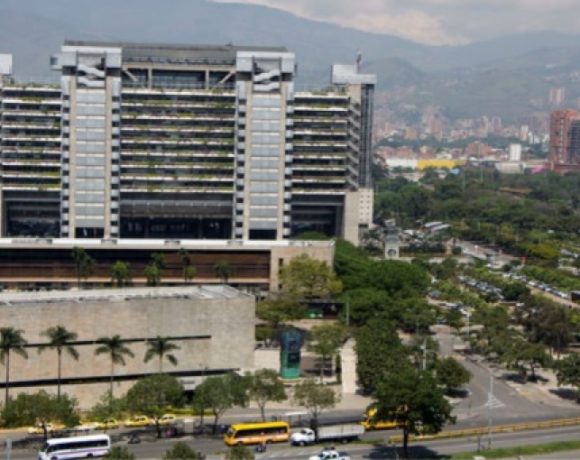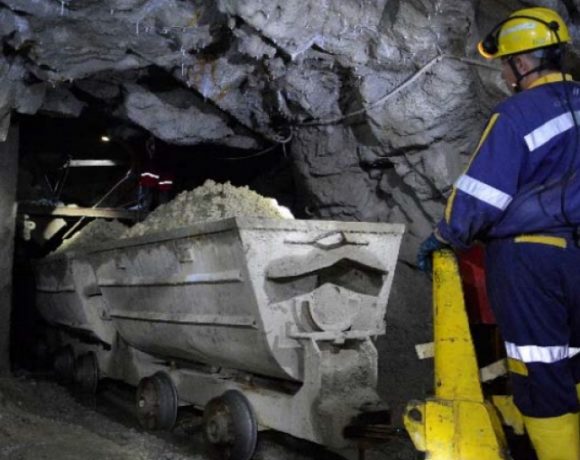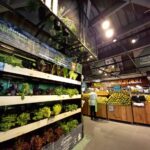Fabricato Sees 3Q 2017 Net Loss Grow Year-on-Year; Cites Tax, Import Issues

Medellin-based textile giant Fabricato announced October 31 that its third quarter (3Q) 2017 net loss hit COP$19 billion (US$6.2 million), down from a COP$755 million (US$248,000) net profit in 3Q 2016.
Sales in 3Q 2017 also fell 23.5% year-on-year, to COP$85 billion (US$28 million), while earnings before interest, taxes, depreciation and amortization (EBITDA) margin fell to a negative 7.5%, down from a positive 12.8% in 3Q 2016.
“The period covered by this [latest quarterly] report was surely one of the most negative for the [Colombian] textile sector in recent years,” according to Fabricato.
“The textile and apparel sectors presented results that were much lower than those budgeted for the period, as well as being inferior to those generated in the immediately preceding year,” the company added.
While Colombia’s relatively feeble 1.8% growth in GDP this year is partly to blame for the declines, the hike in value-added tax (VAT) this year to 19% (from 16% last year) and relatively high interest rates were additional negative factors, the company noted.
Another key factor was the November 2016 termination of the “mixed tariff” on textiles, which had been relatively effective in preventing imports of products that were “under-invoiced” in order to avoid tax duties, according to Fabricato.
“With the termination of this [mixed] tariff modality, replaced by a model that only considers a percentage on the value of the imported product, some gaps emerged that facilitated the increase of unfair [textile and clothing import] practices, such as price declarations or product specifications that do not correspond to what is really important,” according to the company. “In order to combat this imbalance, the government is working with the private sector to prepare a decree that should be enacted shortly and that should set reference prices to avoid importing products with ostensibly low prices.”
In addition to under-invoiced imports, “there is an increase in the importation of products with prices below reasonable international costs, which characterizes ‘dumping,” according to Fabricato.
“In this case, to prove this unfair practice and take restrictive measures, the [remedy] process is longer and more complex. However, Fabricato and [fellow Medellin-based textile maker] Coltejer jointly initiated an anti-dumping process against denim fabrics of Chinese origin. This process should receive a first response from local authorities this year, and if accepted in all instances, could result in effective measures in favor of domestic producers in the first half of next year,” according to the company.
“In addition to the unfair practices mentioned above, Colombia is the country with the lowest textile tariffs [10%] when compared with countries such as Argentina (26%), Brazil (26%) and Mexico, which varies from 10% to 20%.
“Due to the ease of legal importation, unfair dumping and under-invoicing practices, what was noted on the supply side was a disproportionately high increase, while on the demand side, as we have already said, we have noticed a contraction. As a natural result of this combination of factors, an increase in inventory levels was perceived.
“With so much negative news and misinformation generated by some unions in the [textile] sector, financial institutions and insurers perceived an increase in the perception of risk, with the consequent credit restriction and increase in credit insurance premiums, in addition to the reduction in credit quotas.
“Even in the case of small or medium-sized companies, which are not financed through the financial system but through credits with the importing/distributing companies, credit was affected,” Fabricato concluded.
















